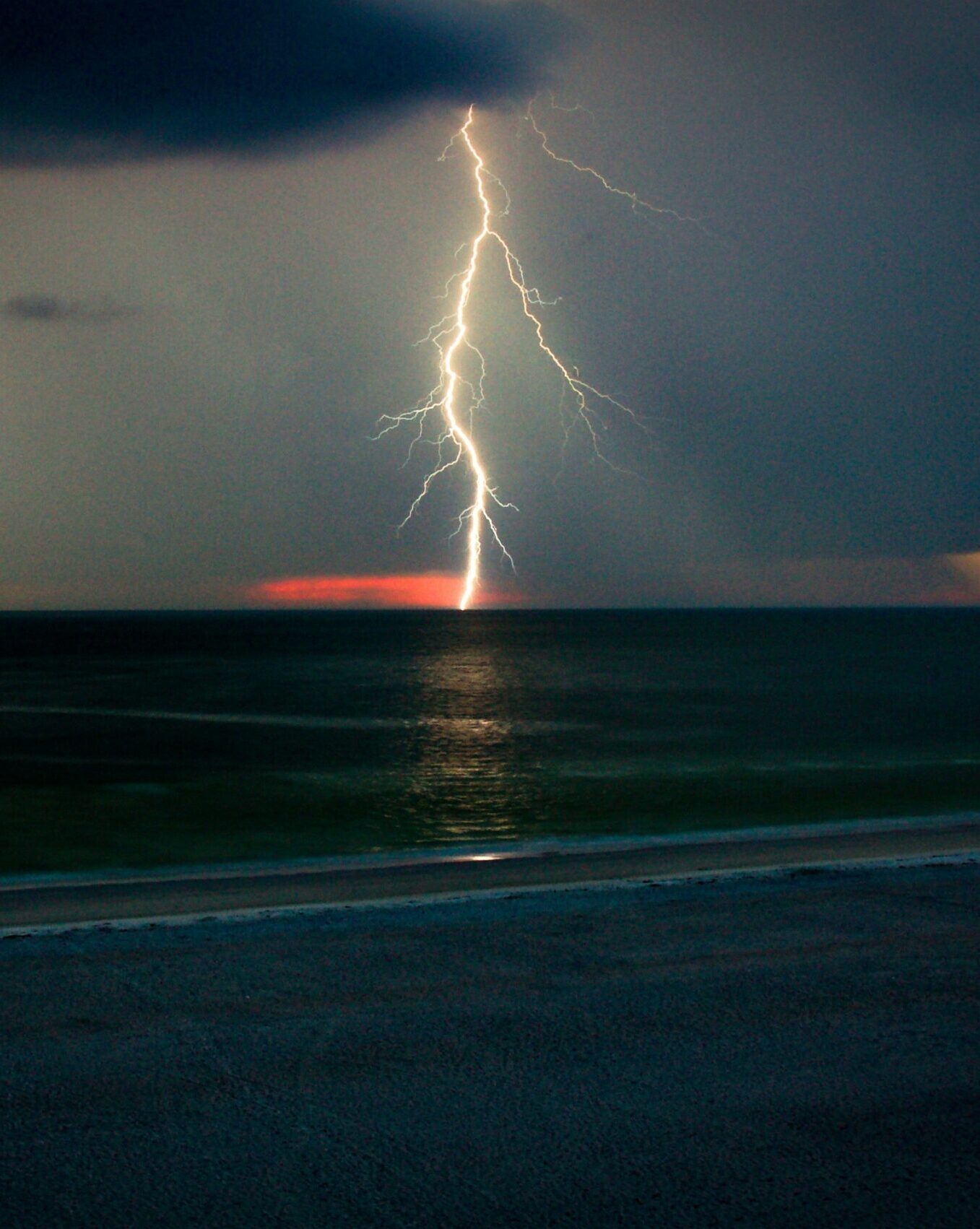Poems by ALEJANDRA PIZARNIK
Translated from the Spanish by ILAN STAVANS

Mexico City, Mexico
Translator’s Note
Translation is home. Whenever I travel, I seek it either by reading translations, or by translating as a grounding exercise. Lately I have been translating into English poems from Jewish Latin American poets, specifically works by conversos or those written in Yiddish and Ladino by immigrants and their offspring. And—in a room of her own—Alejandra Pizarnik, whose life makes me think of Emily Dickinson. I recreated these two poems while visiting my mother, who has been suffering from Alzheimer’s. Pizarnik distills the fibers of existence so as to reveal the madness that palpitates underneath. Her poetry is contagious. The toughest part is to convey her silences. I wish I had met her.
—Ilan Stavans
Poem for the Father
And it was then
that with a tongue dead and cold in the mouth
he sang the song others allowed him to sing
in this world of obscene gardens and shadows
coming at unseemly hours to remind him
of songs of his youth
in which he could not sing the song he wanted
the song they allowed him to sing
yet through his absent blue eyes
through his absent mouth
through his absent voice.
Then from absence’s tallest tower
his song resonated in the opacity of what is hidden
in the silenced extension
full of moving hollowness like the words I write.
Only
I finally understand the truth
it explodes in my desires
and in my miseries
in my disagreements
in my unbalances
in my delirium
I finally understand the truth
now
let’s look for life
Alejandra Pizarnik was a Jewish-Argentine poet and translator. Her lesbianism was self-censored. Octavio Paz wrote an introduction to her book Diana’s Tree (1962). Her other books include Words and Nights (1965), Extracting the Stone of Madness (1968), and A Musical Hell (1971). She was institutionalized due to mental illness and committed suicide in 1972 at the age of thirty-six. Pizarnik translated into Spanish an array of French authors, among them Marguerite Duras, Antonin Artaud, and Henri Michaux.
Ilan Stavans is a Jewish-Mexican essayist, translator, and editor. His books, translated into twenty languages, include On Borrowed Words (2001), Dictionary Days (2005), The Disappearance (2008), A Critic’s Journey (2011), Quixote: The Novel and the World (2015), and Selected Translations: Poems 2000-2020 (2021). His work has been adapted into film, TV, theater, and radio. He is also the publisher of Restless Books and the Lewis-Sebring Professor of Humanities and Latin American and Latino Culture at Amherst College.
Photo by Flickr user Life Pilgrim.




